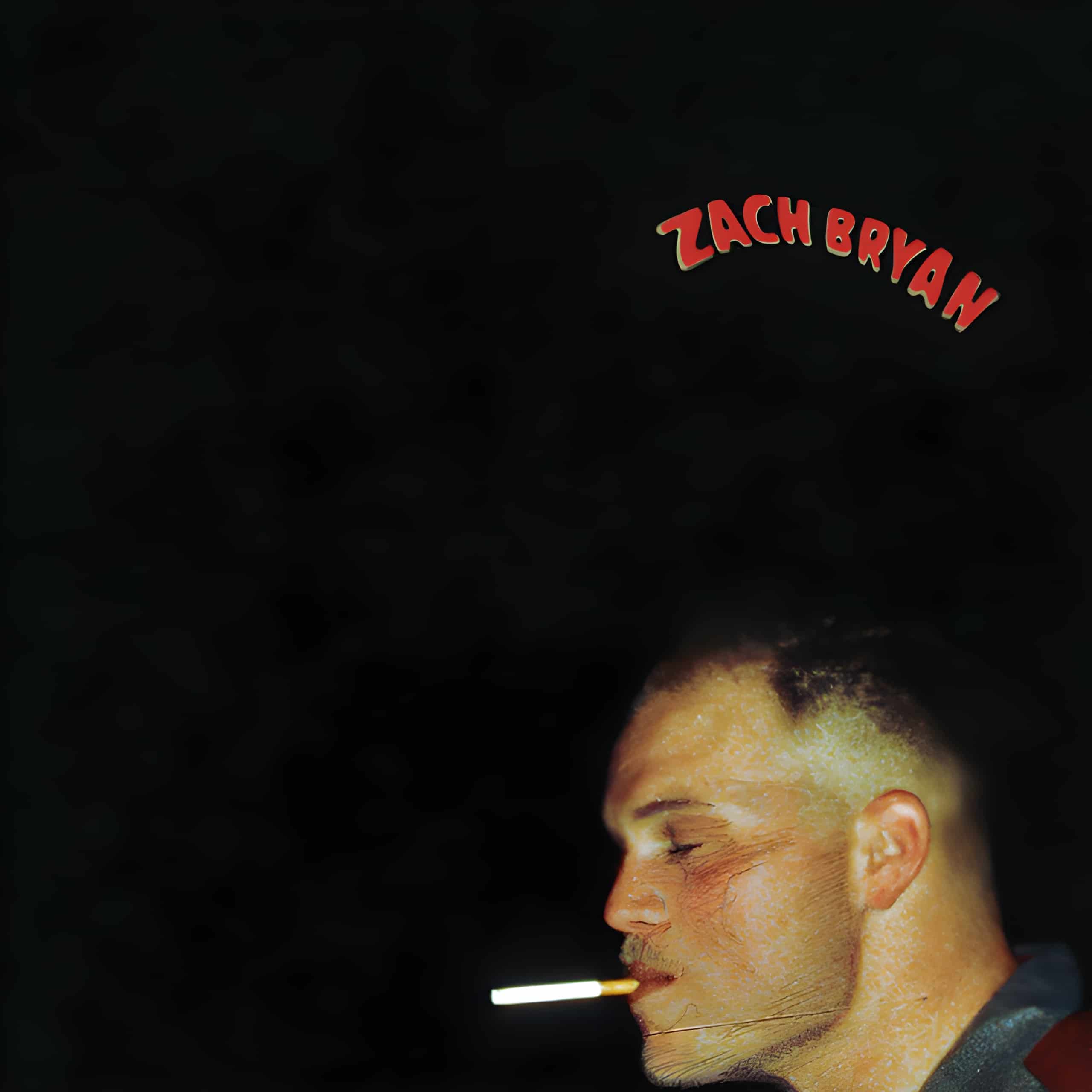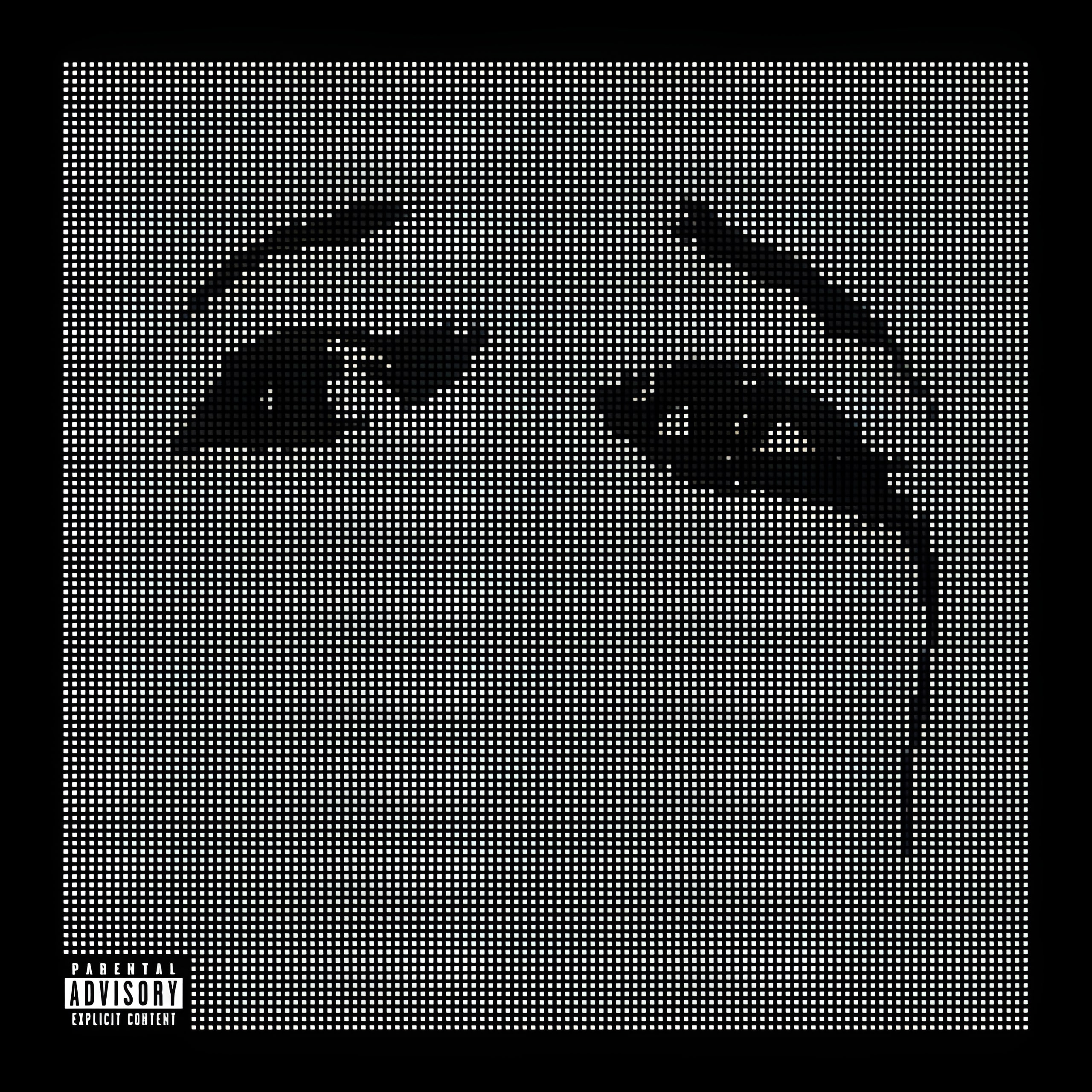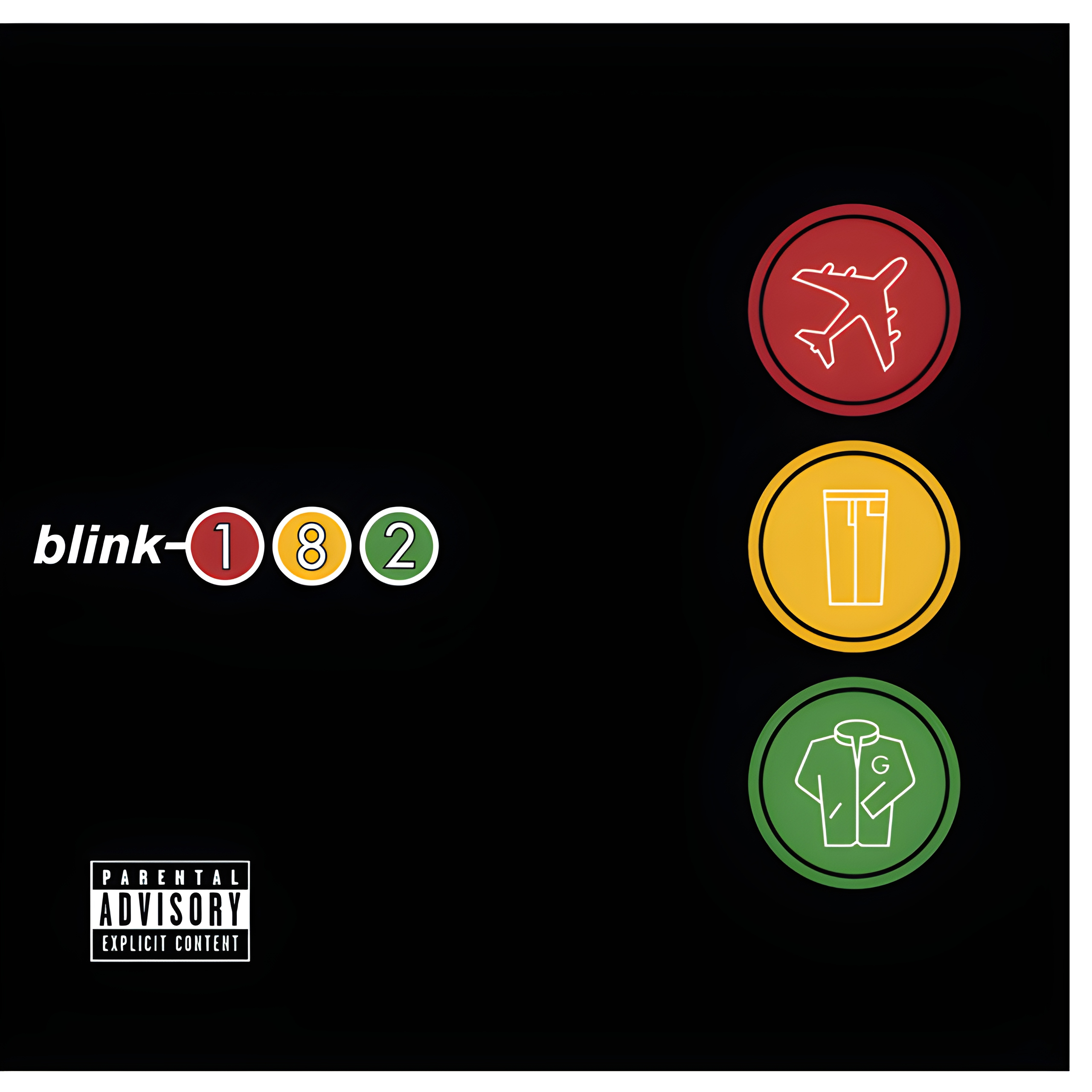Released: 1989
“Another Day in Paradise” by Phil Collins doesn’t just groove; it hits hard with a message that’s as relevant today as it was back in the day. The song serves up a hefty dose of reality about social issues, specifically homelessness, urging listeners to not just walk by but to stop and consider the lives of those less fortunate.
The narrative kicks off with a woman in dire straits, reaching out to a man on the street for help. She’s cold, homeless, and visibly in distress, but the man chooses to ignore her plea. This opening scene is powerful because it’s straightforward and real. Collins doesn’t sugarcoat the interaction; he presents a scenario that happens all too often in cities around the world. The man’s decision to “walk on, doesn’t look back” and “pretend he can’t hear her” symbolizes society’s broader tendency to overlook those in need, driven by discomfort or indifference.
The chorus, “Oh, think twice, ’cause it’s another day for you and me in paradise”, serves as a stark reminder of the contrasts in living conditions. Here, “paradice” represents a life of comfort and safety, a stark contrast to the woman’s experience. Collins urges listeners to reflect on their blessings and consider the harsh realities others face daily. The repetition of “think twice” acts as a moral nudge, pushing us to reconsider our actions (or inactions) towards the less fortunate.
As the song progresses, Collins delves deeper into the woman’s plight. Her tears and the “blisters on the soles of her feet” are vivid images highlighting her suffering and desperate situation. Yet, despite her visible misery, she’s continually ignored and displaced, a metaphor for society’s failure to address and integrate those who live on its fringes. The call to action, “Oh lord, is there nothing more anybody can do? Oh lord, there must be something you can say”, reflects a plea for divine intervention or, at the very least, a collective moral reckoning.
In its essence, “Another Day in Paradise” isn’t just a song; it’s a reflection on empathy, social responsibility, and the gulfs that exist in our society. Phil Collins, with his trademark empathy and storytelling, crafts a narrative that’s both a critique and a call to action – asking us not just to think but to act
differently. Through its haunting melody and straightforward lyrics, the song challenges us to recognize our shared humanity and the “paradise” some take for granted, while others can only dream of.







